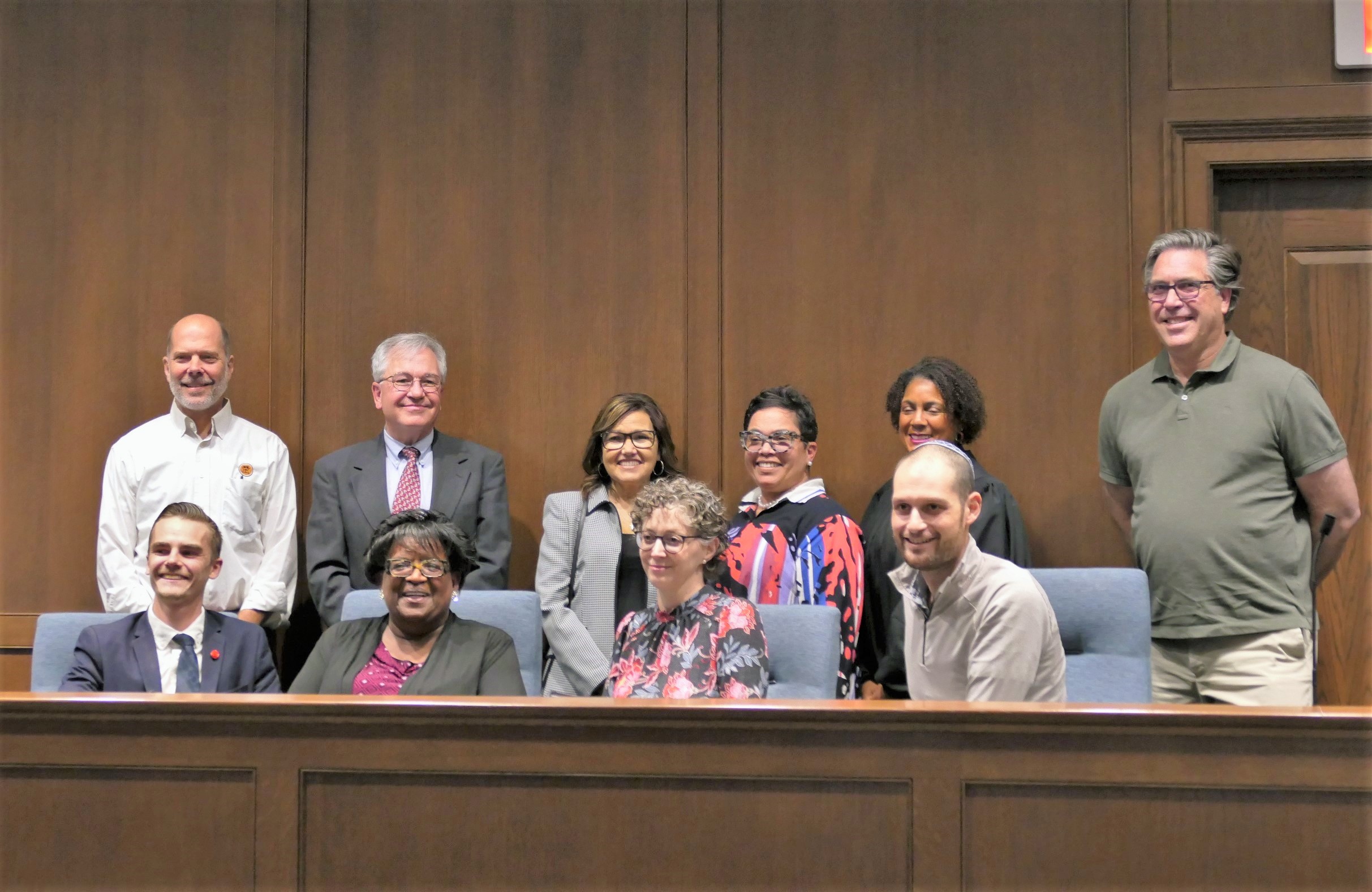The Home Rule Study Commission will hold its next meeting in two weeks, launching its effort to draft Lancaster a new governance charter.
The session will take place at 7 p.m. Thursday, Feb. 15, in City Council chambers at City Hall, 120 N. Duke St., Lancaster’s city clerk confirmed in an email to One United Lancaster.
On Jan. 24, the commission voted 7-1 to proceed with drafting a home rule charter, following months of meetings at which they looked at Lancaster’s governmental framework and tax structure and heard from city elected officials, department heads, former mayors and mayors of other small Pennsylvania cities.
Following their Jan. 24 vote, members decided to cancel the commission’s existing schedule, which had set meetings on the first Thursday of each month, and establish a new one with meetings at least twice a month.
The commission’s first order of business will be to hear from the Pennsylvania Economy League consultants who have been providing guidance and administrative support. PEL has been asked to lay out a suggested timetable and work plan; the commission is also looking to form subcommittees.
The commission’s goal is to complete the charter by August. That would leave enough time to place a referendum question on the November ballot and educate city voters about the charter and its provisions. If a majority of voters approve it, it will take effect in 2025.
Under Lancaster’s existing framework, the Third Class City Code, Lancaster cannot raise its earned income tax rate, or EIT, above a state-mandated cap. Mayor Danene Sorace has advocated for a charter that lifts the cap, saying that shifting more of the city’s tax burden to the EIT would be more equitable and reduce the need for constant property tax increases.
Commission members have indicated interest in making other changes as well. Among the ideas that have been floated: A code of conduct; a longer budget review and adoption process; limits on tax increases; elimination of the elected treasurer, elected controller, or both, or redefining their functions; changing how City Council is elected (possibly moving to a district system or nonpartisan elections); and increasing City Council’s scope of powers.






